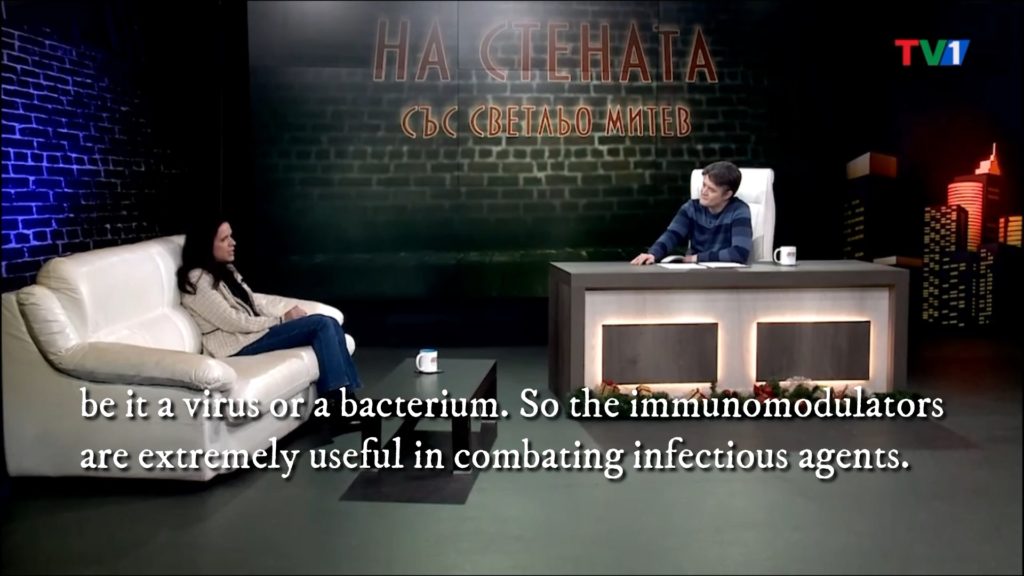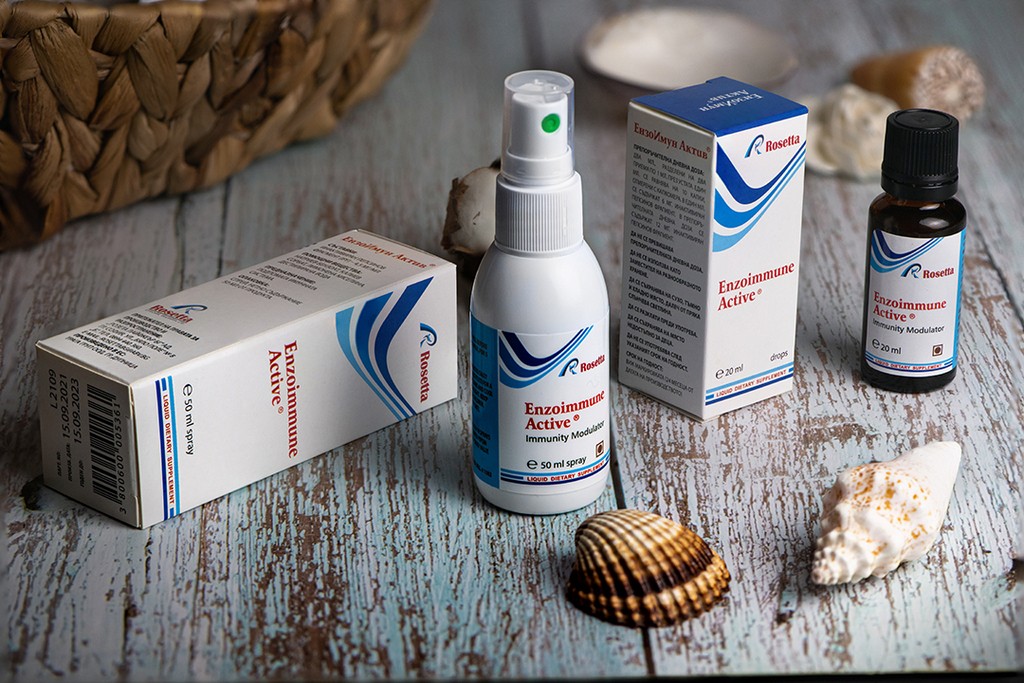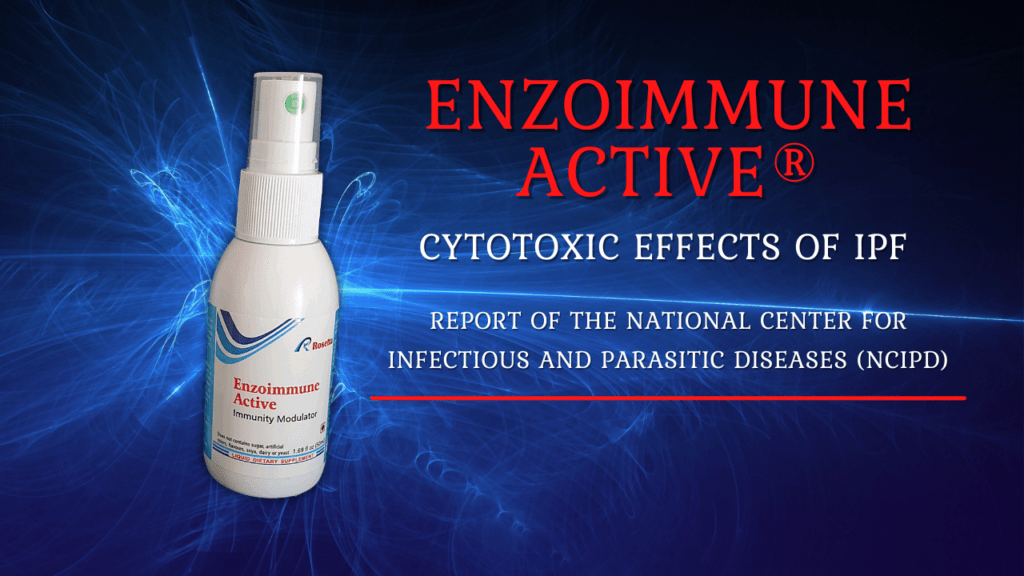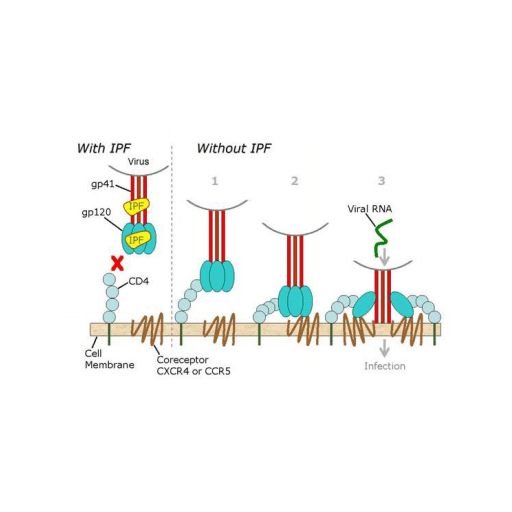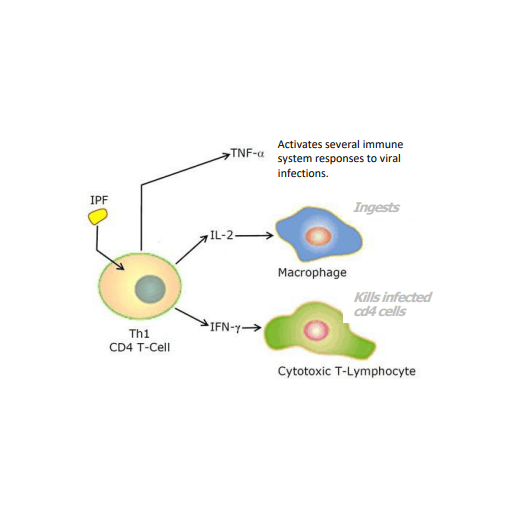News about Enzolytics Inc. ITV-1: Rosetta Lifecare is the exclusive distributor of ITV-1 for Africa and Asia. We are ready to offer this product through our local representatives in more than 14 countries, with a population of over 2 billion, as soon as the relevant procedures for its registration in the respective region are completed. Currently the first batches of ITV-1 are being produced at Danhson, Bulgaria, designated for clinical trials in Africa, which is a necessary element of the registration and marketing authorization process.
About Us
Rosetta Lifecare Bulgaria LTD is a drug and food supplements distributor, committed to the commercialization of its proprietary proteins for the treatment of debilitating infectious diseases.
We, at Rosetta Lifecare Bulgaria LTD, are proud to introduce EnzoImmune Active, an innovative dietary supplement which will help into leading healthy and happy life. We are always committed by Research & Development to bring out the new formulations and the best quality products to serve mankind.
Rosetta Lifecare Bulgaria LTD is partnering with companies with long-term experience in protein isolation and purification in immunochemistry and biochemistry along with experience in repetition with therapeutic proteins used in HIV and cancer.
We also possess experience in the preparation of an application for a nutraceutical compound supplement.
Our Contact Details
Rosetta Lifecare Bulgaria LTD, 8B Byalo Pole Str, 1618 SOFIA, BULGARIA
How we help
Our flagship compound EnzoImmune Active is a suspension of Inactivated Pepsin Fragment (IPF), which studies have shown is effective in the treatment of HIV, cancer, and many infectious and some autoimmune diseases.
IPF is the active drug substance of EnzoImmune Active and is a purified extract of pepsin. EnzoImmune Active has been shown to modulate the immune system. IPF is a platform technology that can be used to facilitate a broad range of applications.
It is free from major neurological, gastrointestinal and hematological side effects seen in the anti-retrovirals in use today. IPF has not shown to be subject to viral resistance and is cost effective.
How does IPF work
2 modes of action: Directly prevents CD4 T T-cells. Activates the Th1 immune response, i.e., turns on macrophages that actually ingest tumor itself, killer T actually T-lymphocytes that destroy abnormal cells.
IPF appears to modulate helper T1 cells’ expression of elaborate cytokines INF-y, IL-2, which selectively promote cell-mediated immune response and subsequently stimulate cytotoxic lymphocytes. These lymphocytes have a prominent role in the host’s immunologic response. Proteins encoded by these pathogens enter the endogenous pathway for antigen presentation and are expressed on the surface of the infected cell as a complex with class I MHC – proteins. IPF appears to present a novel mechanism to stimulate innate immune responses.
Technology Summary
The immune system has components that bind and present antigens to cells that are capable of initiating a response to those antigens. CD1d CD 56 molecules are a family of highly conserved antigen-presenting proteins that bind lipids and glycolipids, resulting in activation of natural killer T-cells (NKT cells) to elicit protective immunity against the immunogen.
We have isolated IPF that is the most extensively studied CD 56 ligand to date. We have tested these compounds for their ability to stimulate human NKT cell lines, secretion of key cytokines such as IFN- IL 2 and IL-12, and activate autologous dendritic cells, as well as binding to CD1d and the invariant T-cell receptor.
While the majority of the studies performed focus on the potential of the IPF as a vaccine adjuvant, it is foreseeable that the compounds could also be used as a potential immunotherapeutic to treat cancer.


